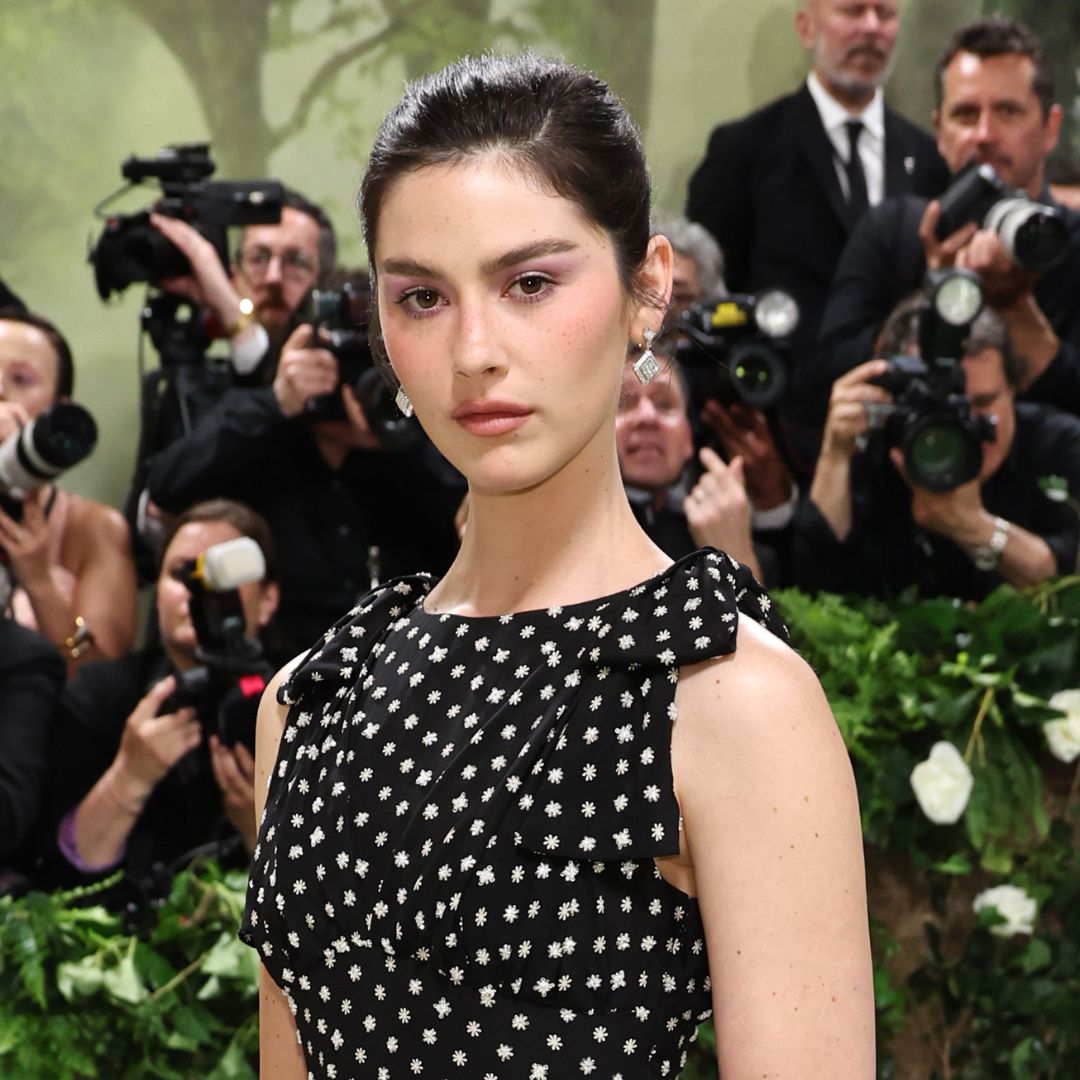The woman who was slut shamed for surviving abduction
Every year, hundreds of girls in Pakistan go missing without a trace. Law student, Dua Nisar Mangi is one of the few who came back. So why is she being slut shamed for it?
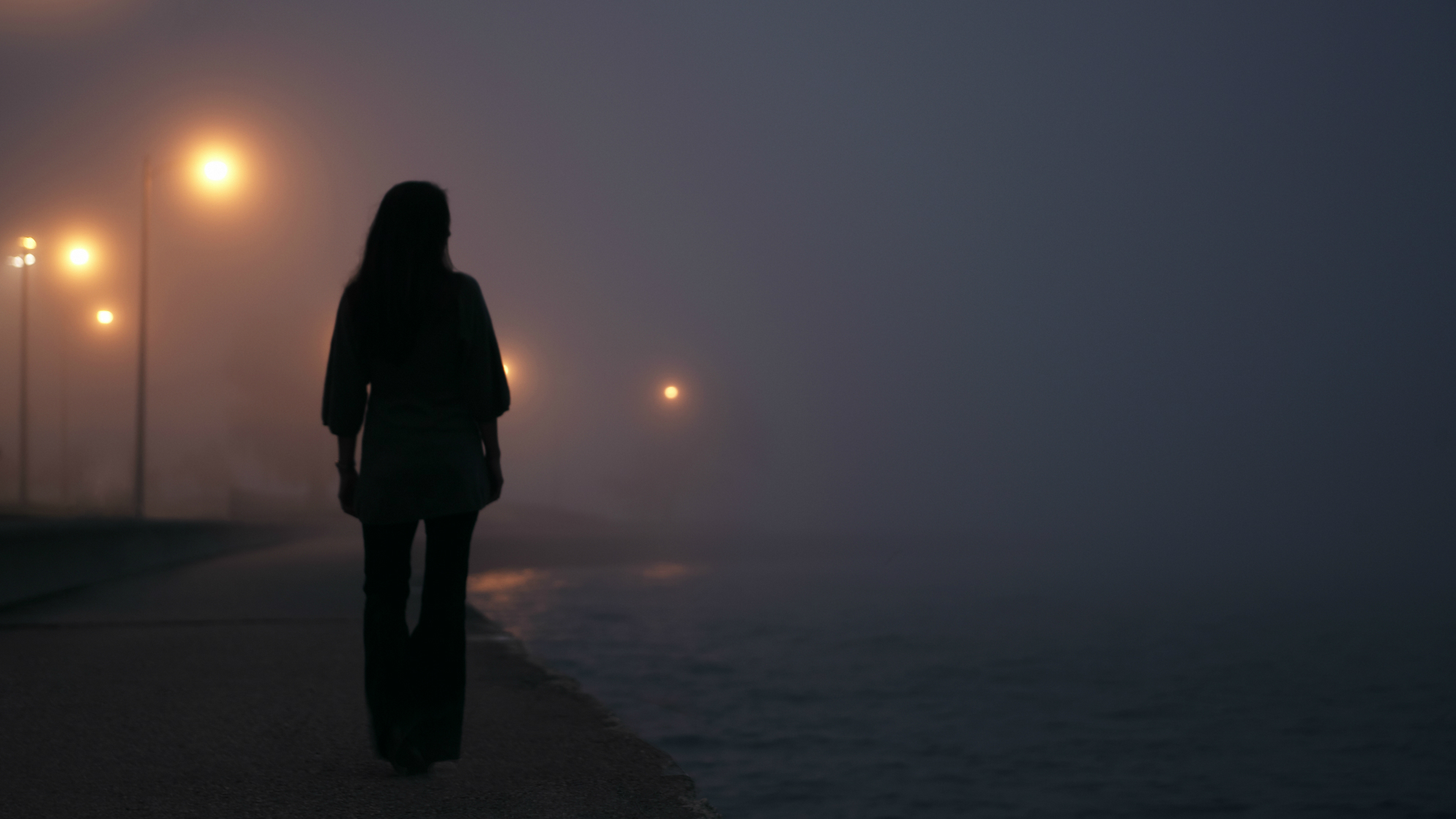
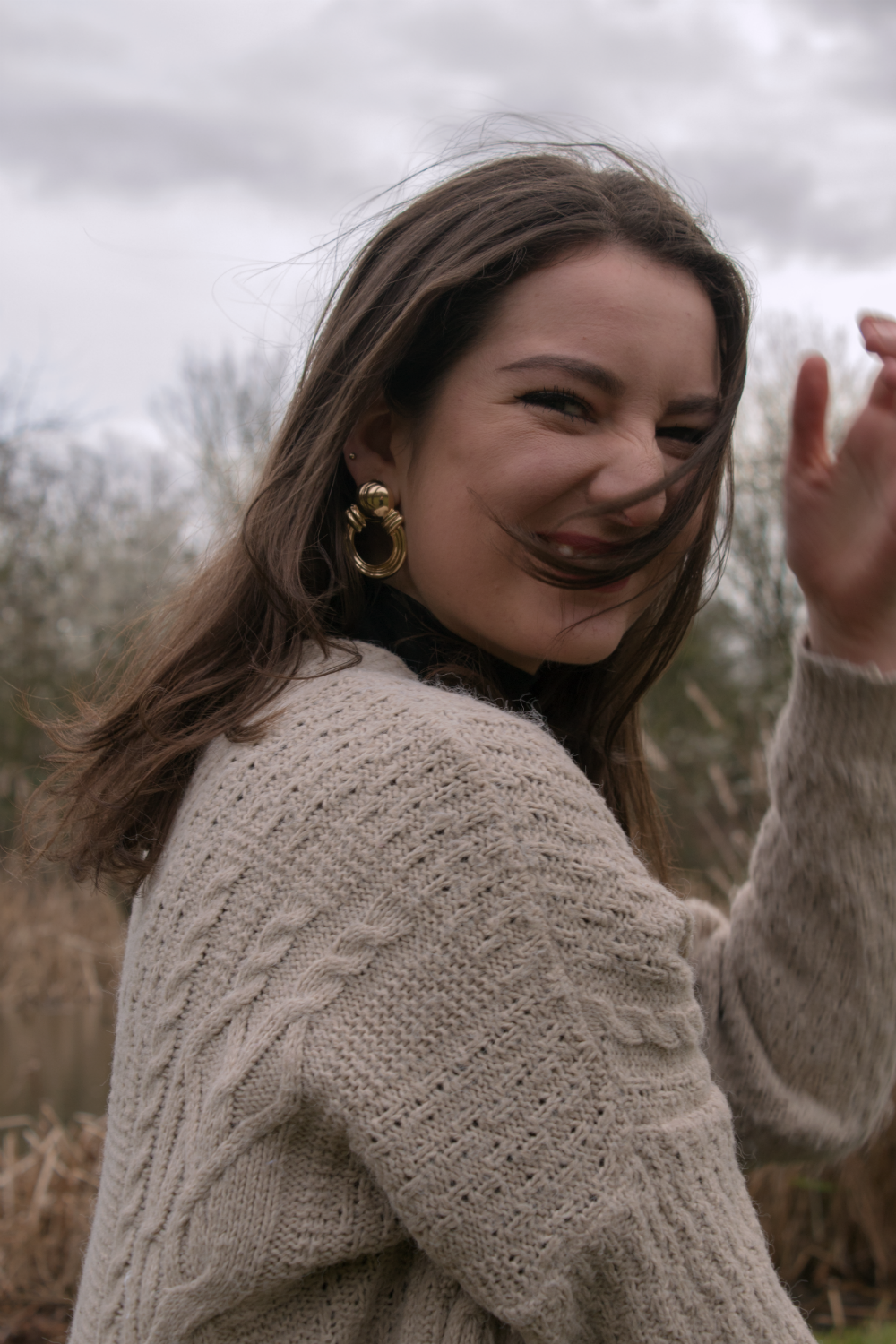
Every year, hundreds of girls in Pakistan go missing without a trace. Law student, Dua Nisar Mangi is one of the few who came back. So why is she being slut shamed for it?
Words by Alia Waheed
With her glossy, ombre hair and pink bardot top revealing her lithe shoulders, her Facebook profile picture is no different to any other young woman's social media selfie. If anything, the images are tame by western standards, less Kardashian, more Next catalogue.
And yet, for Dua Nisar Mangi, a 20-year-old law student in Pakistan who was abducted at gun point and held captive for a week, her innocent selfies have turned the spotlight on the country’s slut shaming culture.
The pretty socialite was ambushed by four men after an evening out with a male friend at Chai Master, a popular hangout for Karachi’s affluent youth, described as the city’s equivalent of the Chiltern Firehouse. Her friend was shot in the neck and remains in a serious but stable condition.
Karachi is considered the kidnapping capital of Pakistan, and such cases are so common that they barely warrant a mention between the latest business news and cricket results.
Out of the thousand of girls who go missing and are raped and killed every year, Dua is one of those miracle stories you hope for, but deep down never believe will happen, She is the one who survived and was returned home. But then the backlash began.
Marie Claire Newsletter
Celebrity news, beauty, fashion advice, and fascinating features, delivered straight to your inbox!
As so often happens, the media storms of how family’s desperate plea for help for a missing loved one turned into a battle over slut shaming culture in Pakistan started with a tweet. After Dua was abducted, like most, young, media savvy youth, well of aware of the bureaucratic snail pace of the authorities, her sisters and cousins immediately took to social media to spread the word.
Within minutes, their phones began bleeping with numerous alerts, but instead of the support they were expecting, the family faced a barrage of abuse, including rape threats and claims that Dua ‘was asking for it’ because of the way she dressed and her feminist views. Some went as far as to crop Dua’s Facebook profile image so she appeared topless.
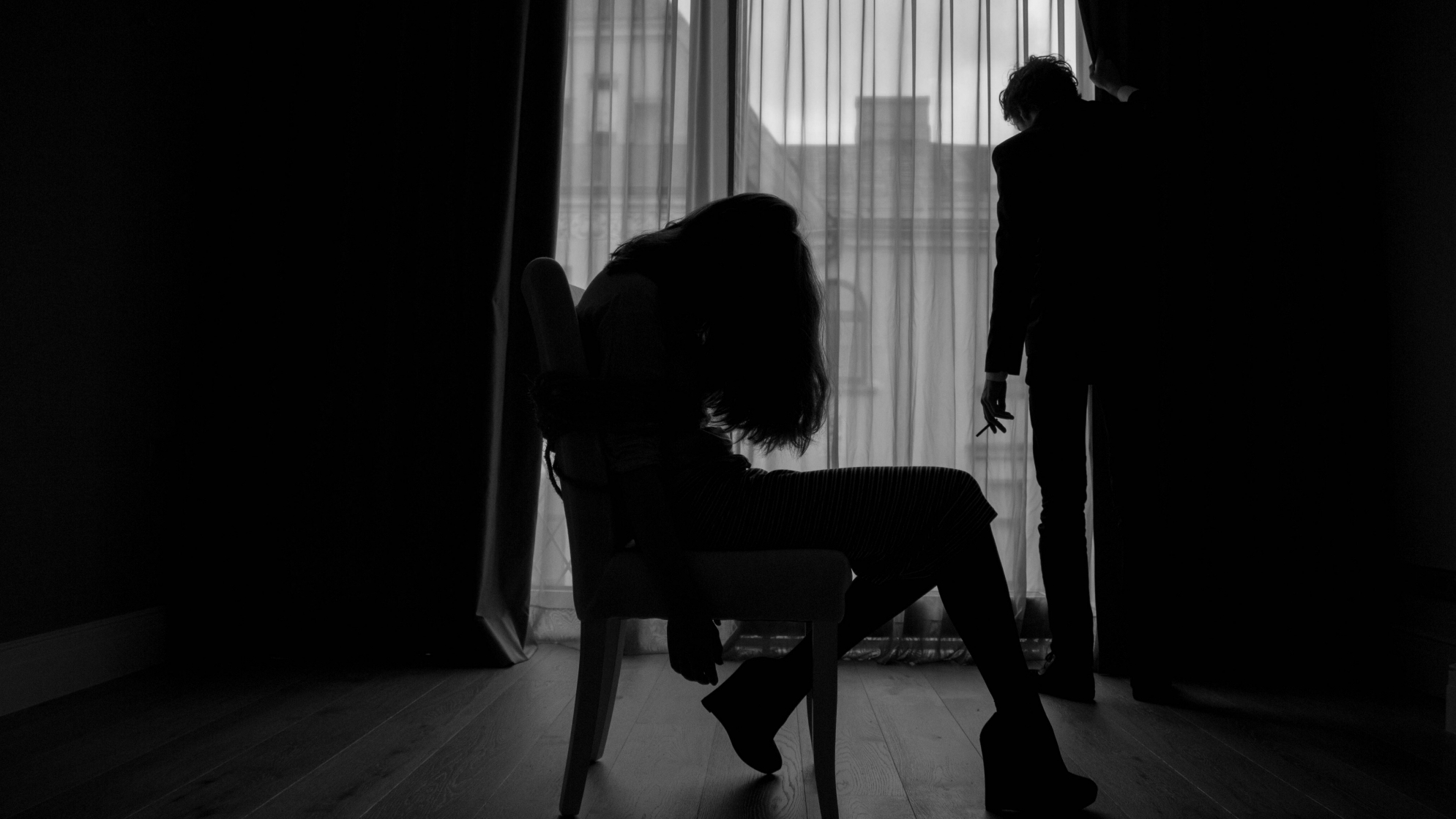
After Dua was released by her kidnappers , the backlash continued, with accusations that she had engineered the whole thing for fame or to go on a sex spree without getting into trouble with her family. Keyboard detectives salivated over speculation about whether she had been raped, by how many men and what they did.
“We had lots of nasty comments because of the way she looked and dressed. It made me feel really triggered because we were expecting support, but instead we got comments like, ‘let’s find her before the police do, so we can rape her.’ It sends shivers down my spine that this is what people are saying about her,” said her cousin Rahul Hasnain, “You would expect people to be happy that she survived but instead we got filth. There is no empathy for what she has been through.
“She believed in social justice and feminism and propagated these views on social media so she’s been getting a lot of hatred and victim blaming with people saying you stood by views that were against Islam and you deserve this.”
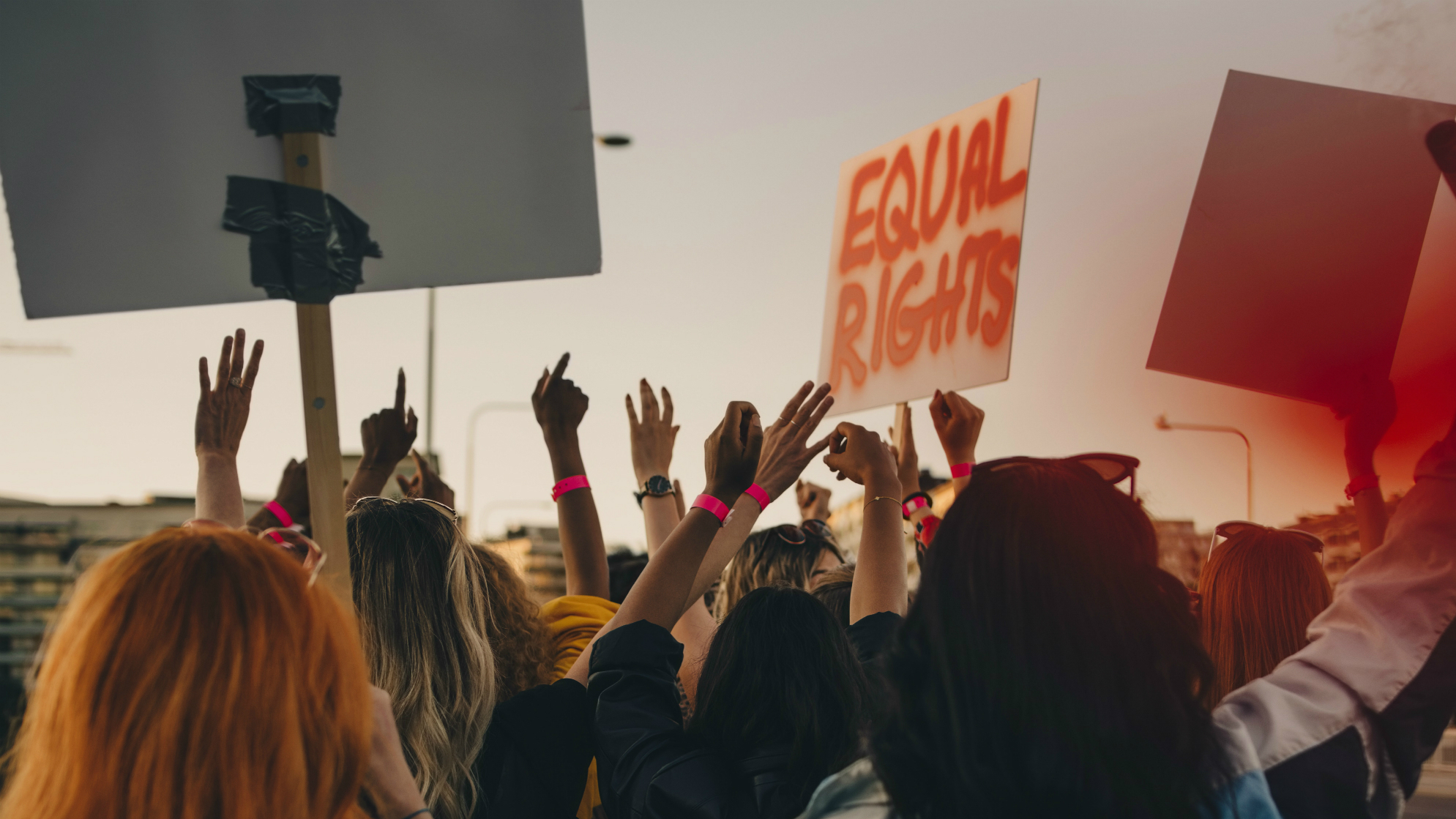
Many women have been angered that instead of focusing on the kidnappers, society became judge and jury on the victim, who they say has been slut shamed because of her glamorous selfies and social media posts on women's issues, with many women flocking to protests around the city.
“Slut shaming has always existed and it the fuel to many problems. When women are killed for honour, or girls are shamed for not dressing a certain way, when a woman is sexually assaulted and told it’s her fault, the list is endless,” said Kanwal Ahmed, TV founder of the women’s online support forum Soul Sisters Pakistan.
“With that kind of culture, the slut shaming is not a surprise – disgusting but inevitable. There has been a lot of outrage from women about the injustice. Many women are speaking out and sharing their hurtful experiences.”
The groundswell of anger has been fuelled by the perceived lack of action in the light of a number of high profile cases, including the brutal rape and murder of seven-year- Zanaib Ansari, while her parents were on a religious pilgrimage in Saudi Arabia.
But while green-eyed Zanaib, with her cherubic beauty and religiously devout parents ticked all the boxes of what makes the socially acceptable victim, Dua is the opposite.
Glamorous, well-travelled and a strong advocate on women’s rights, Dua represents a growing part of society is considered a thorn in the side by the patriarchal religious right, that of the increasingly educated and liberal youth in which women are taking an increasingly active and vocal lead much to the chagrin of the patriarchal establishment. Dua’s case exposed the faultlines between these two worlds.
The irony is, that perhaps if it hadn’t been for the slut shaming controversy, perhaps Dua's case would have disappeared off the radar, just like all the rest. Maybe it’s a sign that change is possible after all.
Niamh McCollum is Features Assistant at Marie Claire UK, and specialises in entertainment, female empowerment, mental health, social development and careers. Tackling both news and features, she's covered everything from the rise of feminist audio porn platforms to the latest campaigns protecting human rights.
Niamh has also contributed to our Women Who Win series by interviewing ridiculously inspiring females, including forensic scientist Ruth Morgan, Labour MP Stella Creasy and ITV’s former Home Affairs Editor Jennifer Nadel.
Niamh studied Law in Trinity College Dublin. It was after enrolling in a Law & Literature class on her year abroad in Toronto that her love of writing was reignited. In no particular order, her big likes are Caleb Followill, hoops, red wine, sea swimming, shakshuka and long train journeys.
-
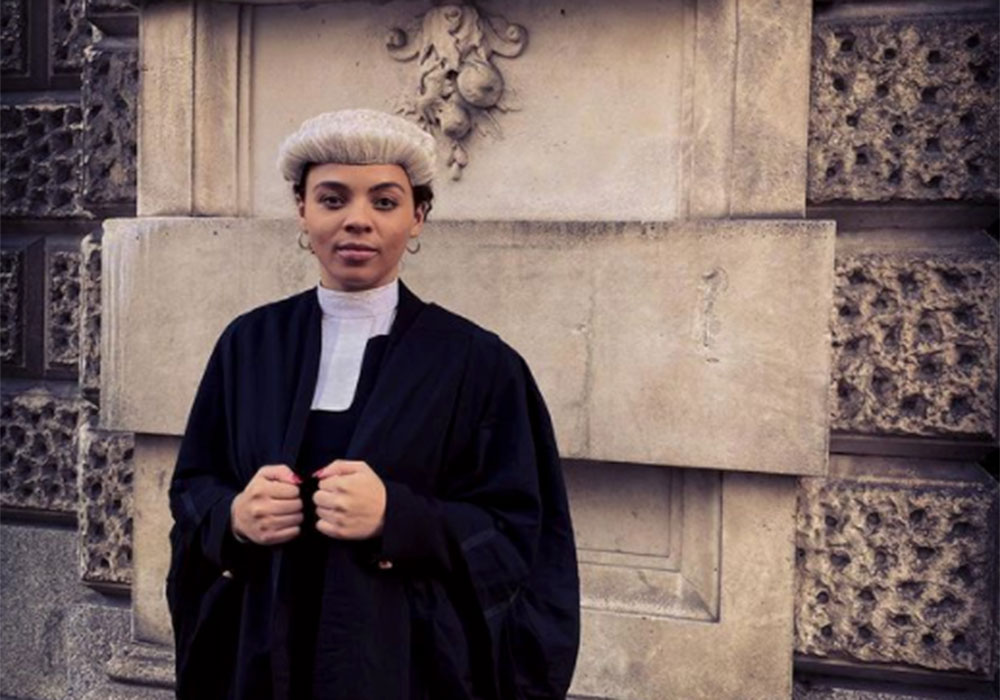 "I'm a Black barrister working in a broken justice system"
"I'm a Black barrister working in a broken justice system"Alexandra Wilson is a 26-year-old barrister speaking out about sexism, racism and class inequality at the very heart of the legal system. She shares her disturbing experiences, and why activism will make a difference.
By Alexandra Wilson
-
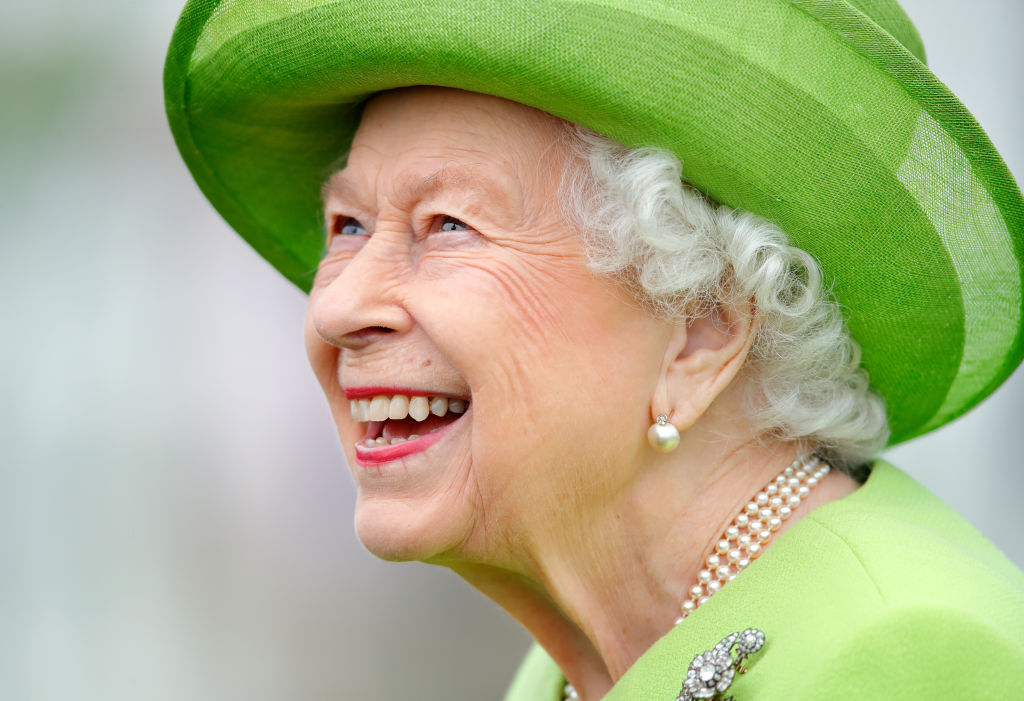 Feeling sad this week? Learn about the 5 steps of grief, plus how to avoid it consuming you
Feeling sad this week? Learn about the 5 steps of grief, plus how to avoid it consuming youAs the nation mourns Her Majesty The Queen.
By Ally Head
-
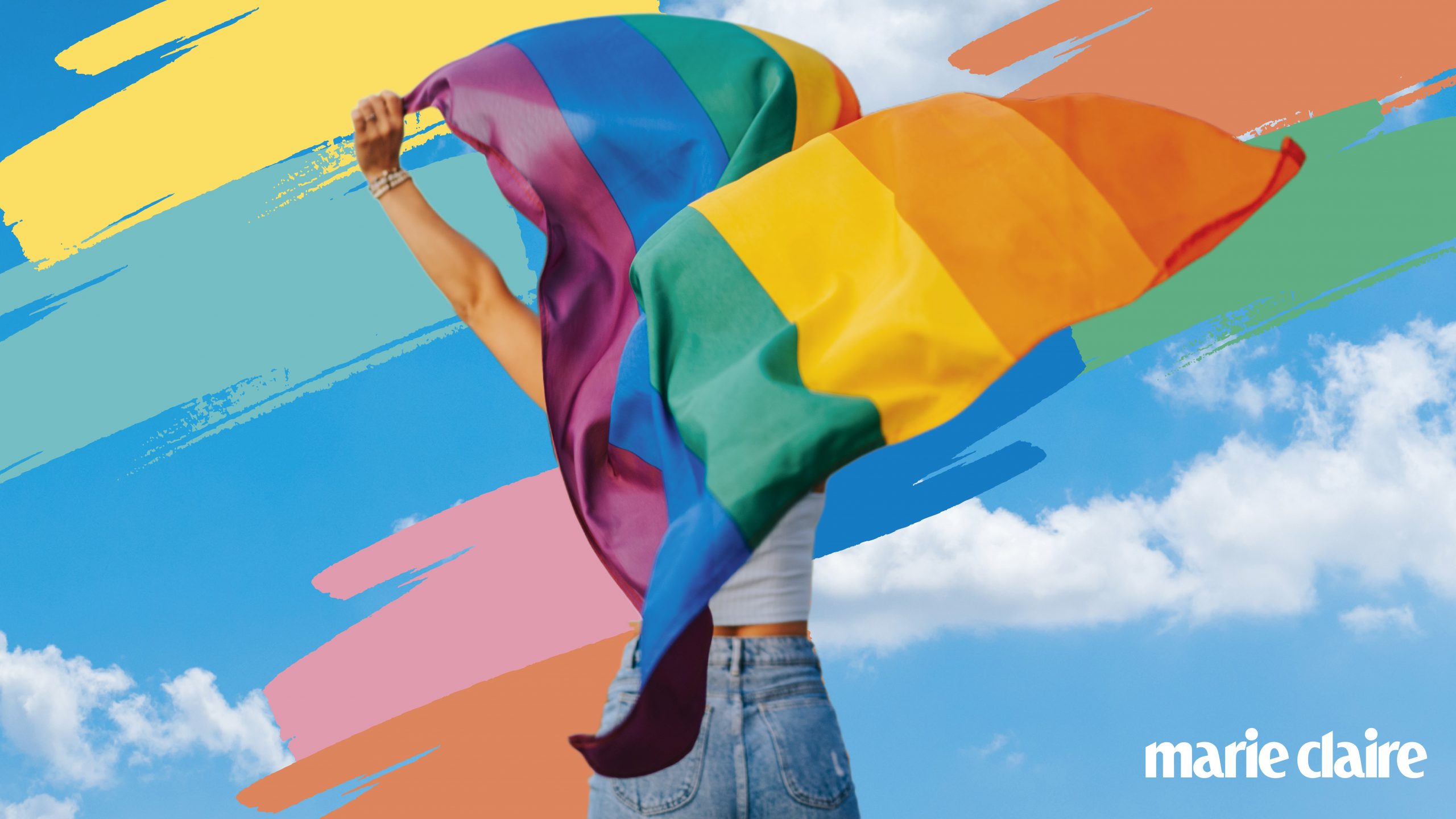 Pride events: 7 IRL and virtual celebrations to add to your calendar for 2021
Pride events: 7 IRL and virtual celebrations to add to your calendar for 2021Ready to celebrate?
By Rosie Grant
-
 Coronavirus versus cold symptoms: How to know whether you've got COVID 19 or a common cold
Coronavirus versus cold symptoms: How to know whether you've got COVID 19 or a common coldThis is important. Read guidance from the experts now.
By Ally Head
-
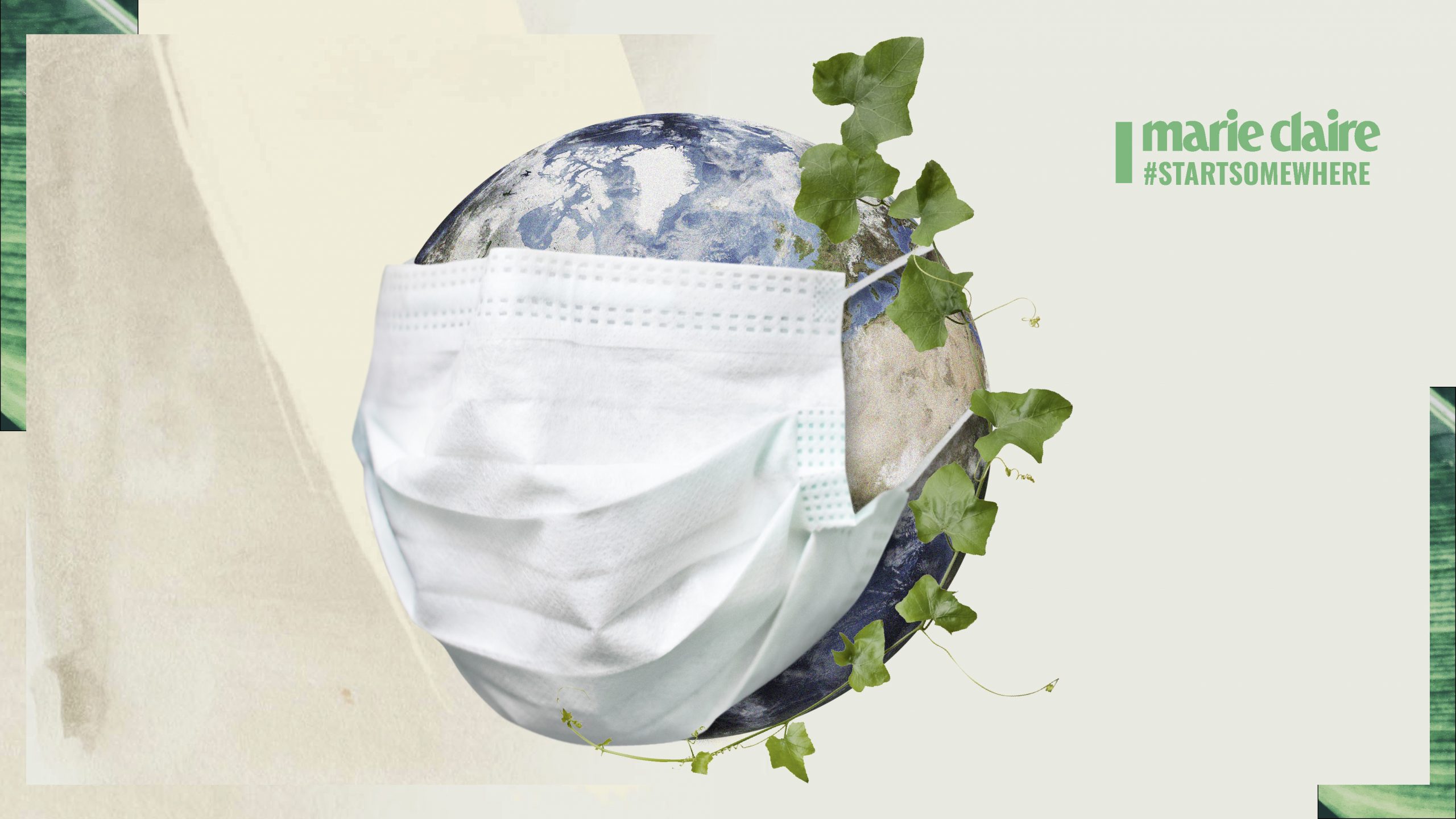 How COVID-19 made us forget our morals on plastic
How COVID-19 made us forget our morals on plasticPre-pandemic, we cared about our habits of plastic use. Lockdown changed all that - but it's not too late to continue the fight
By Olivia Adams
-
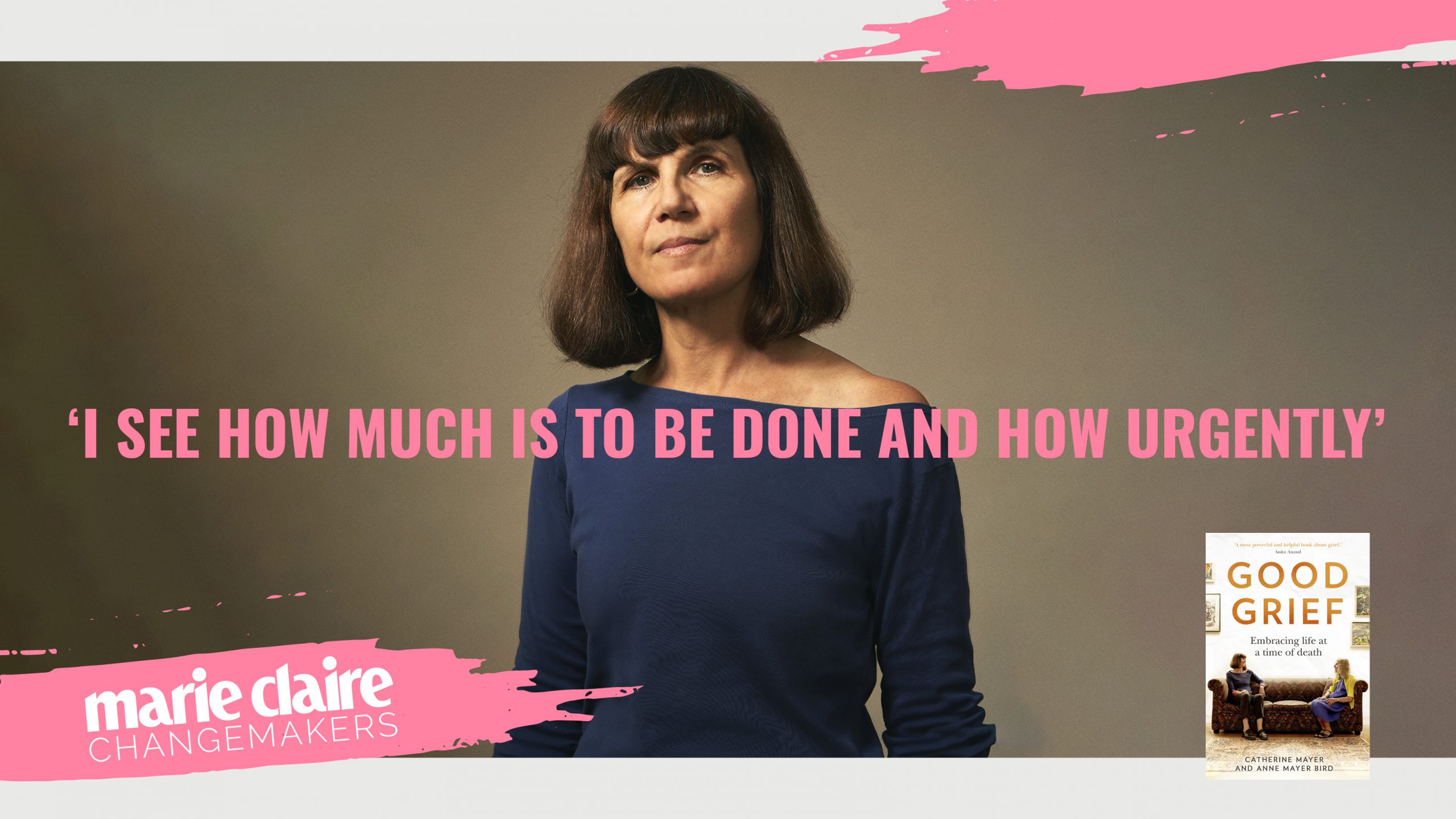 Catherine Mayer on women's rights: 'I see how much is to be done and how urgently'
Catherine Mayer on women's rights: 'I see how much is to be done and how urgently'Co-founder of the Women's Equality Party, Catherine Mayer, was married to influential musician Andy Gill until his death in Feb 2020. This International Women's Day, Mayer shares with affecting honesty how grief adds clarity to her life-affirming activism
By Maria Coole
-
 Tanya Burr shares her top 6 resources for educating yourself - and growing - this IWD
Tanya Burr shares her top 6 resources for educating yourself - and growing - this IWDThe theme of this International Women's Day is Choose to Change - let Tanya help you become a change-maker with her top resources.
By Ally Head
-
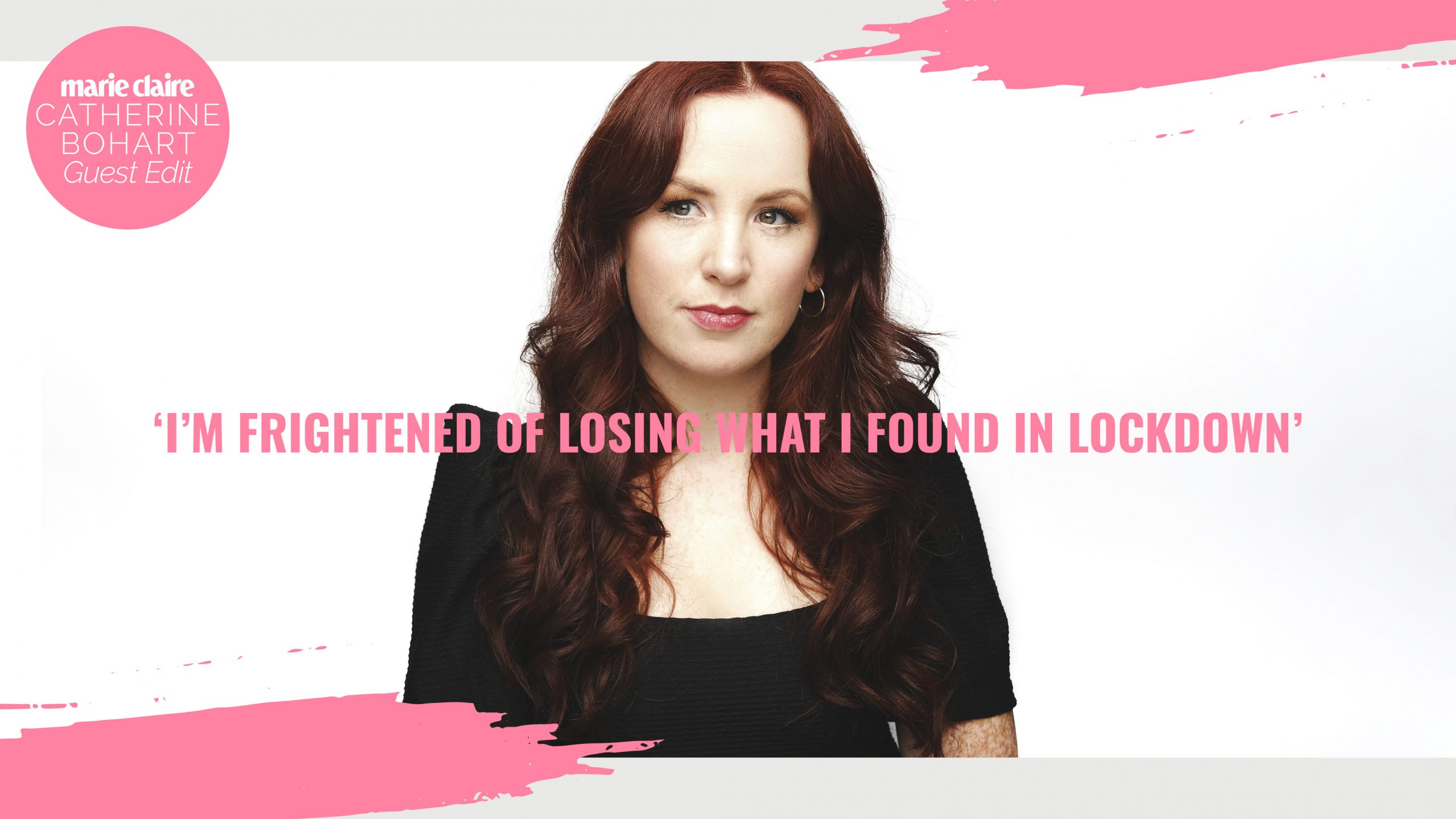 Catherine Bohart: 'I’m frightened of losing what I found in lockdown'
Catherine Bohart: 'I’m frightened of losing what I found in lockdown'Award-winning writer and comedian Catherine Bohart shares what her own lockdown mental health journey helped her discover
By Sophie Goddard

